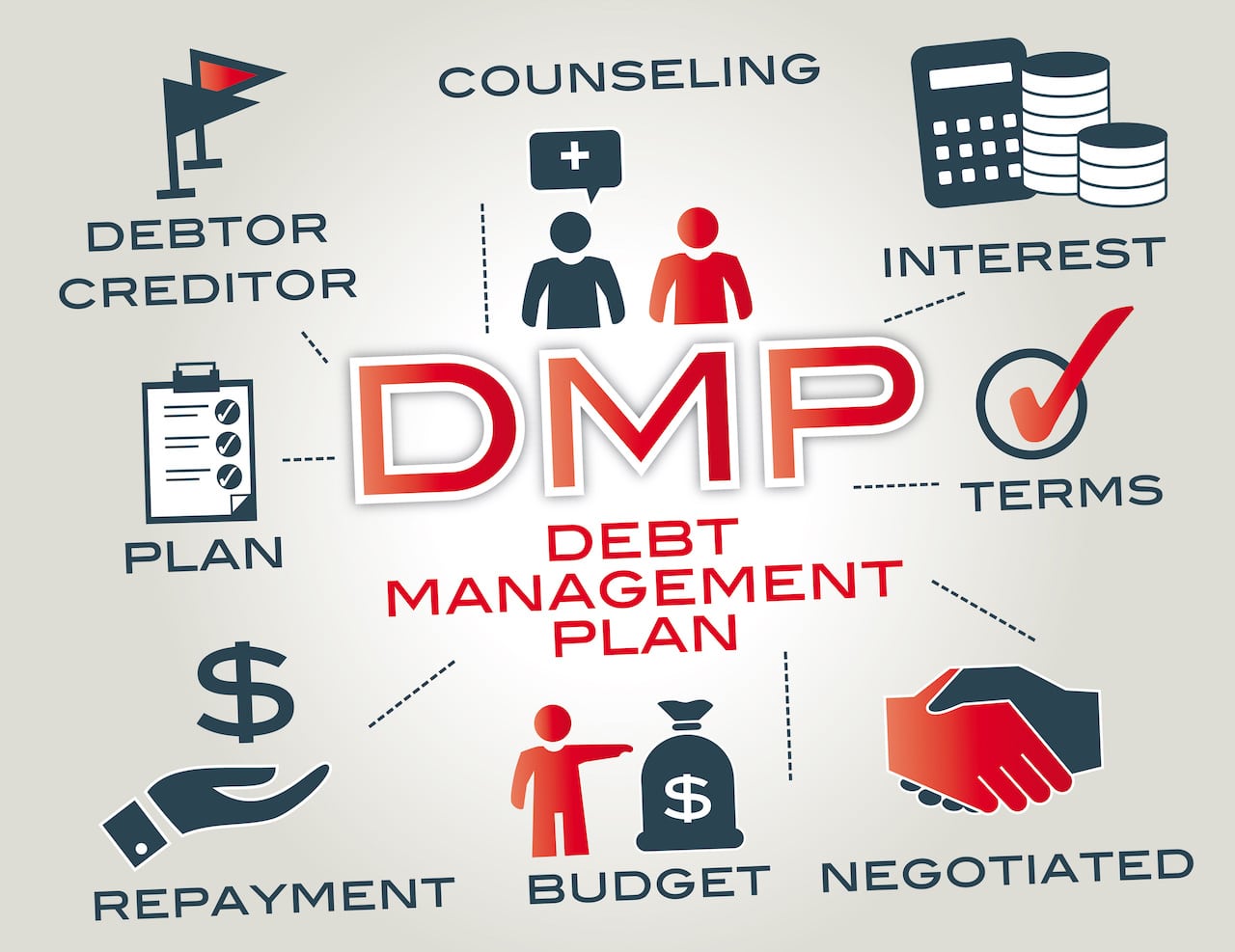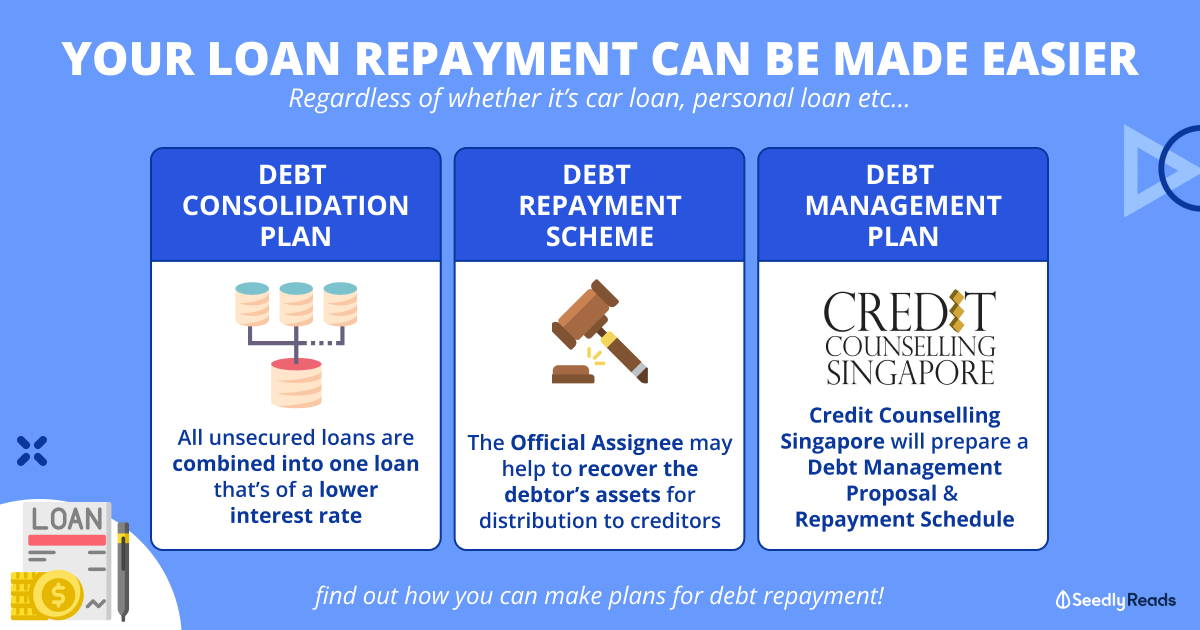Whatever You Need to Learn About Creating a Tailored Financial Obligation Monitoring Strategy
In the realm of personal finance, designing a customized financial debt monitoring plan is often the cornerstone of achieving financial stability and satisfaction. By thoroughly reviewing your current economic commitments, setting achievable monetary goals, and crafting a sensible spending plan, you lead the way for reliable debt repayment approaches. Nevertheless, the trip to financial freedom is not solely regarding first preparation; it also requires continuous tracking and changes to guarantee continued progress. As you browse the intricacies of creating an individualized financial obligation administration plan, comprehending the details of each action is essential to your financial success.
Evaluating Your Present Debt Scenario
One need to first carry out a thorough examination of their present financial obligation responsibilities prior to formulating a reliable financial debt administration strategy. Develop an in-depth listing of each debt, consisting of the complete quantity owed, passion prices, minimal month-to-month settlements, and due dates.
After compiling this details, calculate your overall debt-to-income ratio by splitting your month-to-month financial debt payments by your month-to-month income. Understanding these elements of your economic scenario will guide you in developing a personalized financial obligation monitoring strategy customized to your specific requirements and objectives.
Setting Financial Goals and Targets

When setting economic goals, it is necessary to be particular, quantifiable, attainable, relevant, and time-bound (CLEVER) For instance, you may set an objective to pay off a particular amount of financial obligation within a particular timespan, such as reducing your credit card balance by $5,000 in the following twelve month - More Discussion Posted Here. By establishing clear targets such as this, you can track your progress and remain motivated to achieve your financial obligation administration purposes
Additionally, take into consideration prioritizing your debts based on variables such as rate of interest prices, impressive balances, and settlement terms. By focusing on high-interest financial obligations initially, you can conserve money in the future and increase your trip towards monetary flexibility. Remember, everyone's economic scenario is distinct, so customize your targets and goals to fit your private needs and scenarios.
Developing a Realistic Budget
Crafting a distinct budget plan is a basic step in efficient financial debt monitoring and financial preparation. A practical budget acts as a roadmap for your financial health and wellness, aiding you track your income, costs, and financial debt settlements. To create a functional spending plan, beginning by noting all your resources of revenue. This includes your salary, side rush earnings, or any other monetary inflows. Next, catalog all your repaired expenditures such as rental fee or home mortgage, energies, insurance, and loan repayments. Variable expenses like grocery stores, amusement, and transport must also be included. Separate in between wants and needs to prioritize important expenses and determine locations where you can reduce.
When establishing spending plan limitations, be straightforward with yourself regarding your spending routines and monetary obligations. Allot a part of your income in the direction of repaying financial obligation while guaranteeing you have some funds for emergencies and financial savings. Regularly evaluation and change your spending plan as needed to remain on track with your monetary objectives and financial obligation repayment plan. By adhering to a sensible budget plan, you can effectively handle your financial debt and job in the direction of a much more protected economic future.
Checking Out Debt Settlement Methods
After developing a sensible budget plan, the next vital action in effective debt management is to explore various debt payment techniques. One common discover this info here technique is the snowball technique, where you concentrate on paying off the smallest financial debts pop over to these guys initially while making minimum settlements on bigger financial debts. This method can assist develop momentum as you see smaller sized financial debts being removed, offering motivation to tackle larger ones.
An additional approach is the avalanche approach, which entails focusing on financial obligations with the highest possible passion prices. By targeting high-interest financial obligations initially, you can minimize the overall quantity you pay in interest in time. This approach may be much more affordable in the future, although it might take longer to see individual debts totally repaid.
Debt loan consolidation is one more option where you integrate multiple debts into a solitary finance with a reduced rate of interest. This can simplify your payment process and possibly decrease the overall interest paid. Nonetheless, it's important to meticulously think about the fees and terms related to combination to ensure it's the appropriate option for your financial scenario.
Surveillance and Readjusting Your Plan

Adjusting your plan may involve reapportioning funds to take on high-interest debts first, working out with financial institutions for reduced rate of interest or far better repayment terms, or exploring extra earnings resources to accelerate financial debt repayment. As your monetary situation advances, your financial debt management plan ought to adapt appropriately to stay effective. By remaining aggressive and adaptable in tracking and changing your plan, you can optimize your initiatives towards settling your financial debts effectively and accomplishing your economic objectives.
Verdict
To conclude, creating a personalized debt monitoring plan entails evaluating existing financial debt, setting financial objectives, creating a realistic spending plan, discovering payment methods, and tracking and adjusting the strategy as needed. By complying with these actions, individuals can take control of their financial scenario and work in the direction Visit Website of ending up being debt-free. It is essential to stay self-displined and dedicated to the strategy in order to accomplish long-term economic stability.
One have to first conduct a comprehensive examination of their existing financial obligation responsibilities prior to developing a reliable financial obligation management strategy.After developing a reasonable spending plan, the following essential action in effective financial obligation management is to check out numerous debt settlement strategies - More Discussion Posted Here.To successfully manage your financial obligation, continual monitoring and modification of your financial debt administration strategy are important parts for long-term monetary security.Adjusting your plan may include reallocating funds to tackle high-interest financial obligations initially, working out with creditors for reduced passion rates or much better payment terms, or exploring added revenue resources to expedite debt payment.In verdict, developing an individualized financial debt administration plan includes analyzing current financial obligation, establishing monetary goals, developing a reasonable spending plan, discovering settlement strategies, and tracking and adjusting the plan as required